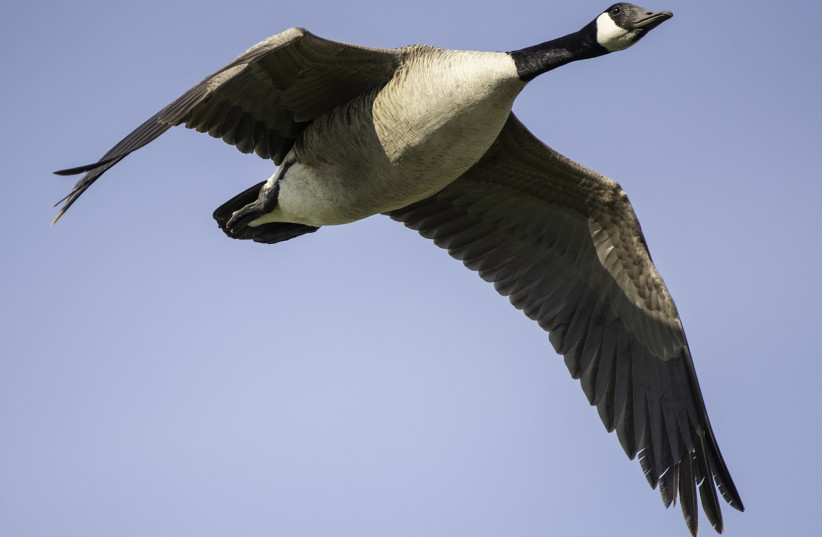An asteroid the size of over 64 Canadian geese is set to pass over the Earth on Tuesday, January 30, according to NASA's asteroid tracker.
The asteroid in question has been dubbed 2007 EG, according to the Center for Near-Earth Object Studies (CNEOS) at NASA's Jet Propulsion Laboratory (JPL).
Calculations by NASA predict that the asteroid won't come anywhere close to Earth during its flyby.

Honk honk, asteroid on the way: How big is the asteroid coming toward Earth in 2024?
Asteroid 2007 EG is estimated to be as much as 71 meters in diameter.
To put that in a more North America-friendly measurement, let's use a metric that is a bit more familiar - if by no means friendly - to North American readers: The Canadian goose.
Known as Branta canadensis, these foul waterfowl are infamous among people worldwide, especially in their native regions, for their aggressive and obnoxious behavior.
But how do they stack up to an asteroid, whose aggressiveness and obnoxiousness is still in question (though in the asteroid's defense, it doesn't honk or cover the ground in green bowl movements)?
According to the University of Michigan, the average Canada goose can grow as much as 1.10 meters long. That means that asteroid 2007 EG could be as long as around 64 Canadian geese, all tail-to-beak in a line, no doubt honking extremely loudly as it flies through the infinite reaches of the cosmos in a cacophony of irritance.
Feeling down? An asteroid could hit the Earth in 2024
Asteroid 2007 EG is not going to hit the Earth when it passes by. After all, it is set to pass at a distance of over 4.8 million kilometers.
However, other asteroids aren't the case. In fact, the Earth was already hit by an asteroid earlier this month.
The asteroid in question, 2024 BX1, was around the size of two ducks and harmlessly impacted over Germany earlier in January.
What the flock? Can we stop an asteroid from hitting the Earth?
Scientists around the world have been hard at work trying to do exactly that, and sufficient advancements made in this field have helped make a protective measure for planetary defense.
The most promising so far is kinetic deflection, as demonstrated by NASA's Double Asteroid Redirection Test (DART) Mission, which managed to alter the orbital path of a faraway asteroid.
So rest assured, asteroid 2007 EG poses no risk to Earth right now.
In fact, with their tendency to fly into aircraft and cause severe damage if not outright causing plane crashes that can kill dozens if not hundreds of people, the Canadian geese are actually far more dangerous than this asteroid is right now.
Asteroid the size of 64 Canadian geese to pass Earth Tuesday - NASA - The Jerusalem Post
Read More

No comments:
Post a Comment